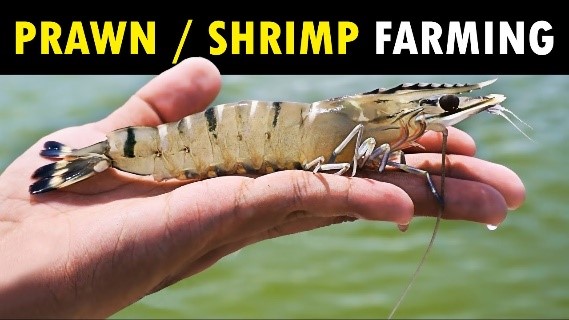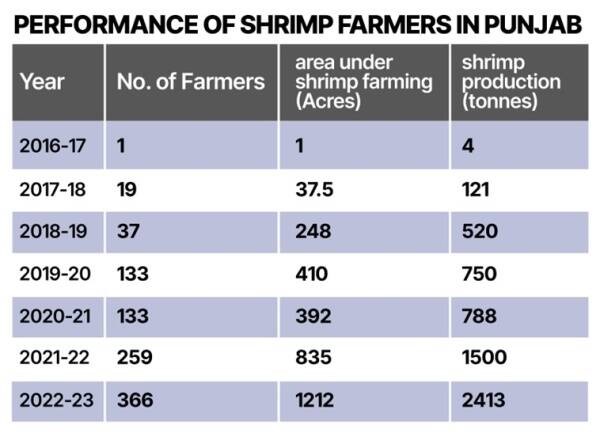Free Courses Sale ends Soon, Get It Now


Free Courses Sale ends Soon, Get It Now



Disclaimer: Copyright infringement not intended.
Context
What is shrimp farming?
Why was shrimp farming introduced in Punjab?

What concerns have been raised?
Why is the mela being organized?
India’s Shrimp Industry
EXPORT PERFORMANCE 2021-22
Potential
Market Drivers
Government Support
Must Read Article - Fisheries Sector: https://www.iasgyan.in/daily-current-affairs/fisheries-sector

© 2024 iasgyan. All right reserved